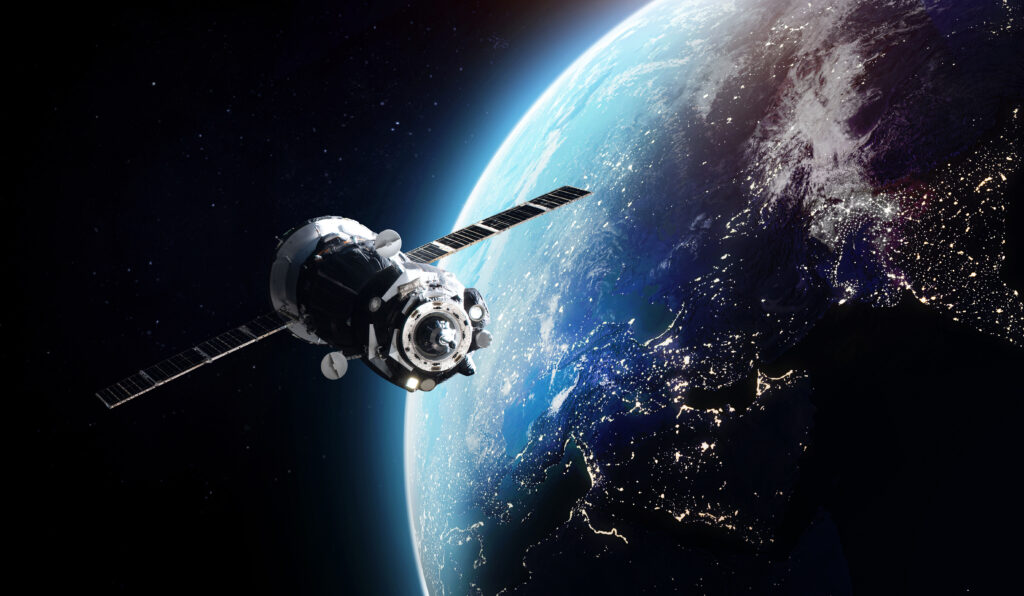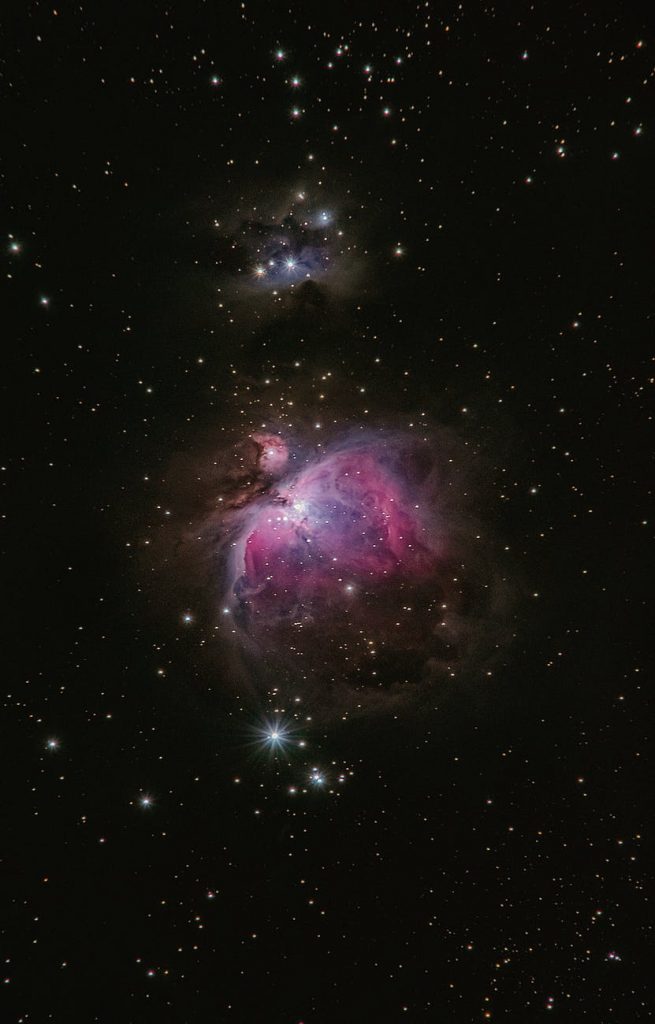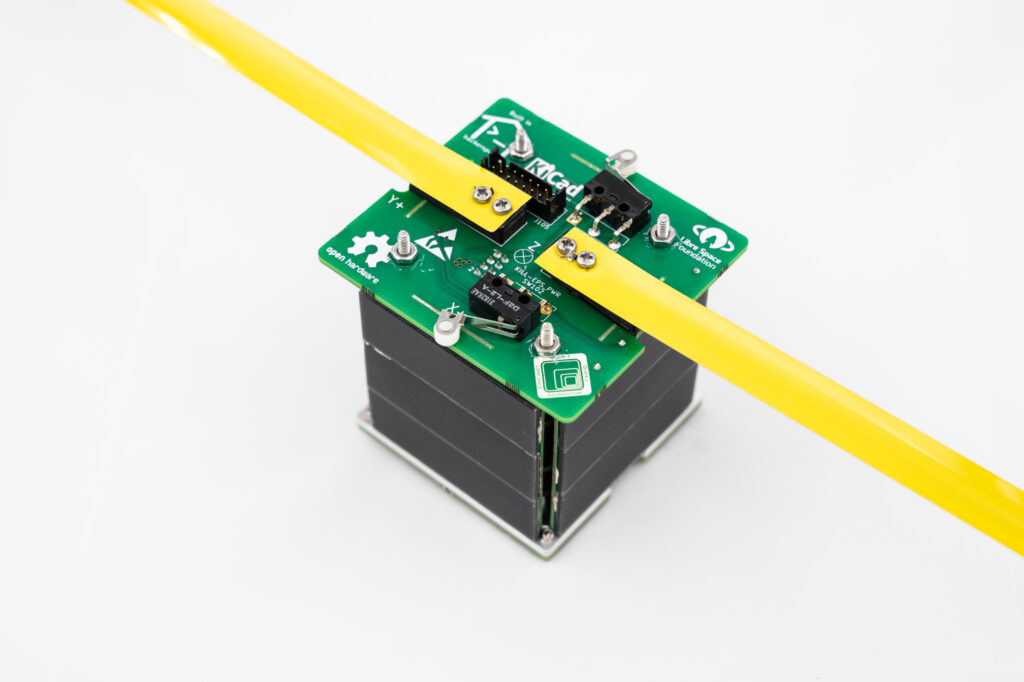Space Research in Luxembourg
For nearly four decades, space has been part of Luxembourg’s industrial strategy. Today, Luxembourg is a leader in the satellite operator business and has high aspirations in the New Space Industry. This ambition is supported by public funding, an attractive legal framework and tax regime, research, international cooperation and education.
A growing space ecosystem
The launch of SES (“Société Européenne des Satellites”) in 1985 marked the start of this journey. In 2005, the country joined the European Space Agency (ESA), gaining access to ESA R&D programmes and space exploration projects. In 2016, the government introduced the SpaceResources.lu initiative, and later established the Luxembourg Space Agency (LSA). With this initiative, Luxembourg created a framework to promote peaceful and sustainable exploration of resources from celestial bodies like the Moon and asteroids.
Today, Luxembourg is a key player in the world of space exploration and commercial space ventures. The national space strategy emphasizes sustainable practices for Earth and Space, focusing on space debris mitigation, traffic management and the long-term sustainability of space activities. The country’s growing space ecosystem comprises over 80 space-related companies and research labs, employing more than 1,400 people. Key infrastructures include the LSA Data Center and the upcoming Space Campus, set to open in 2026.
Research is the bedrock upon which the New Space Industry is being built. In Luxembourg, research is conducted in private companies and by public research institutions such as the Luxembourg Institute for Science and Technology (LIST) and the University of Luxembourg with its Interdisciplinary Centre SnT, the SES Chair in Space, SatCom and Media Law, the Luxembourg Centre for European Law and the department of engineering.
The ESA as a strategic partner
A new player in public research is the European Space Resources Innovation Centre (ESRIC), founded by the LSA and ESA in 2020 as part of LIST. ESRIC, backed by an FNR PEARL chair, aims to become an internationally recognised centre of expertise and includes a business incubator and accelerator programme run with their partner ESA.
In addition to its experience in space law, the University of Luxembourg supports the country with the expertise of SnT in satellite communications, autonomous systems, planetary robotics, small satellites, space systems design, and mission-critical software. Other research groups at the University work in the field of Space Geodesy, Geospatial Engineering, Geophysics, and Remote Sensing. At LIST, Space’s lines of business involve precision agriculture, resource management and natural risks, high performance material and space instrumentation. Research benefits from ESA programmes, national R&D grants and the LuxImpulse programme. Many projects are driven by industrial collaborations, e.g. with SES, or Airbus Defence and Space.









